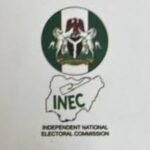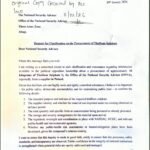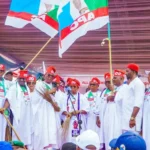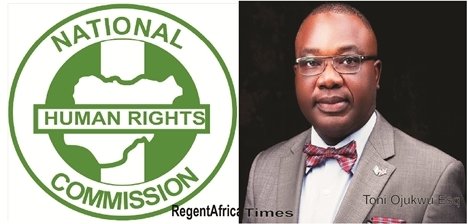The National Human Rights Commission (NHRC), has announced its readiness to add broadcast stations to its human rights advocacy legacy, says the Radio and Television stations will enhance the promotion and protection of human rights across Nigeria.
This was revealed in a communique jointly signed by the Executive Secretary of the Commission, Dr. Tony Ojukwu OFR, SAN, and the Chairperson of the Governing Council of the NHRC, Dr. Salamatu Hussaini Suleiman at the just concluded February’s statutory council meeting which took place at the headquarters of the Commission in Abuja.
According to the Commission, the initiative to establish the NHRC Media stations aligns with Section 6(m)(n) of the NHRC Act 1995 as amended, which underscored the Council’s commitment to strengthening human rights advocacy nationwide. The Council, however, paid a scheduled courtesy call on the Director General of the National Broadcasting Commission.
On security matters, the council expressed deep concern over the prevailing insecurity in Nigeria, this is attributed to activities such as armed banditry, kidnapping, youth unrest, herders’ invasion, and the destruction of farmlands.
In addressing these challenges, recommendations were made for youth engagement through quality and vocational education, youth empowerment, the establishment of state police, and intensified human rights promotion and protection.
Additionally, the council advocated for the Federal Government to ensure truly free and compulsory education in Nigeria as a means to alleviate poverty and empower the youth. Significantly, it recommended amending the 1999 Constitution to enforce the economic, social, and cultural rights of citizens, recognizing education as pivotal to realizing these rights and achieving the Sustainable Development Goals.
The meeting also highlighted the submission of the National Action Plan on promotion and protection of human rights and the National Action Plan on business and human rights to the Office of the High Commissioner for Human Rights (OHCHR). These documents serve as benchmarks for Nigeria’s human rights standards and its commitment to fulfilling international and national human rights obligations. The Council urged government to allocate necessary resources for their full implementation.
Reports from Council Committees on Appointment, Promotion, and Discipline, as well as Finance and General Purposes, were presented and discussed. Notably, 297 candidates met the required pass mark and were recommended for promotion, reflecting the Council’s commitment to meritocracy and efficient NHRC operations.
The Council also reviewed complaints of human rights violations received by the Commission’s Complaint Handling Departments. These complaints, covering civil and political rights, economic, social, and cultural rights, women’s and children’s rights, and vulnerable groups, were promptly addressed in adherence to established procedures, demonstrating the NHRC’s unwavering commitment to promotion and protection of human rights.
Meanwhile,the Governing Council of the NHRC said it remained an independent, policy-driven, and internationally recognized body committed to addressing critical human rights issues and strengthening their promotion and protection in Nigeria.
Accredited with “A Status” by the Global Alliance of National Human Rights Institutions, the NHRC of Nigeria will continue to uphold the Paris Principles for National Human Rights Institutions, having been accredited for the 5th time on November 3, 2023.










